|

|
NARVIS Lab
Chair's Vice-Director
- Medical Augmented Reality for Surgery and Training
- Intra-operative Navigation and Guidance
- System Architectures for Realtime Interactive Systems
- Haptic-Enabled Simulators
|
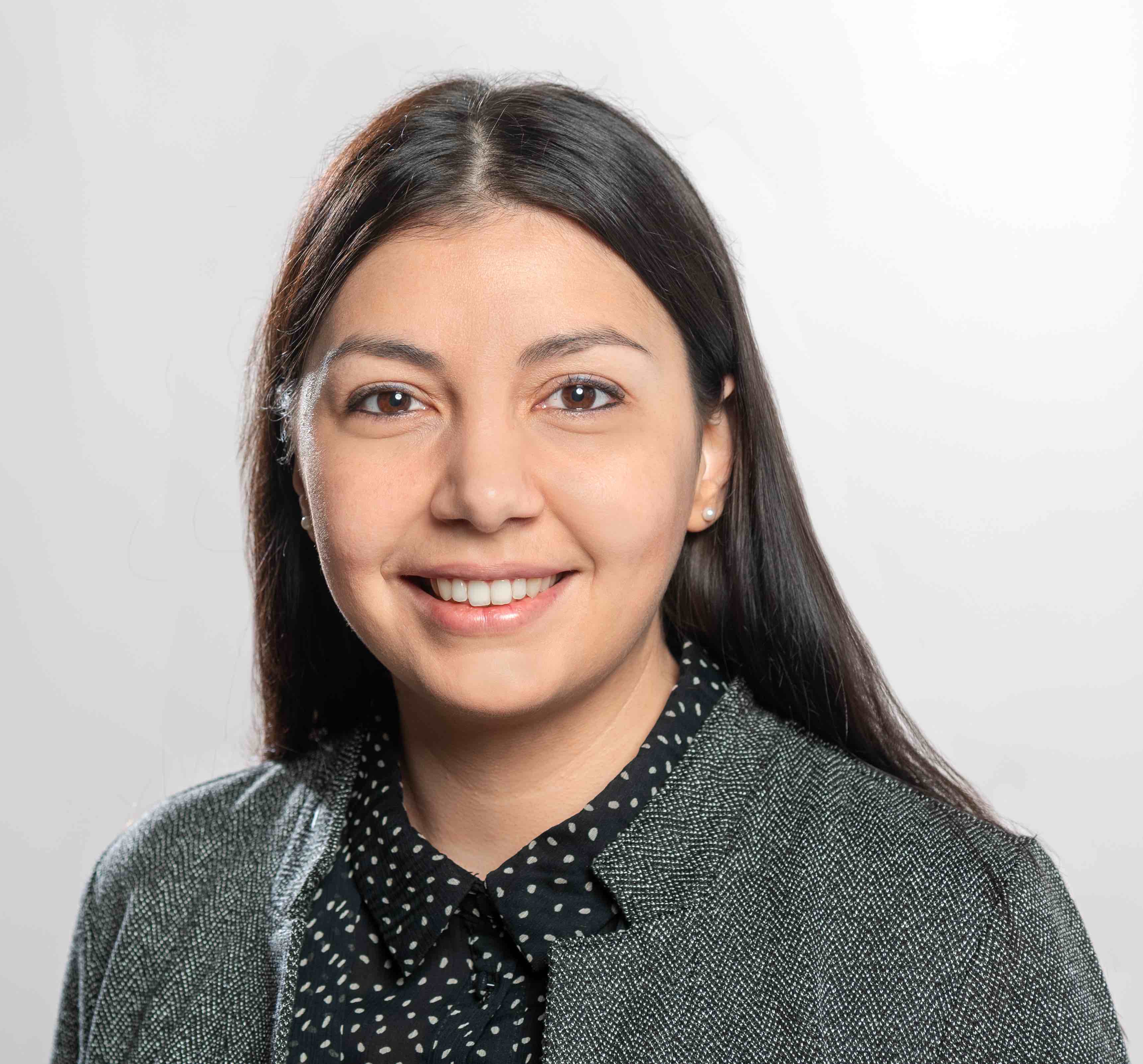
|
Neuroprosthetics and Human-Centered Robotics Lab
Research Interests
- Study of Human Movement
- Design of Bionic Prostheses and Wearable Devices Based on Soft Robotics Technologies
- Development of Advanced Control Algorithms
- Development of Innovative Assessments for Upper Limb Rehabilitation Using Emerging Technologies
|

|
Research Interests
- Translational molecular imaging computing
- Deep learning for computer-aided diagnosis
- Computational modeling of molecular imaging and tumor microenvironment
|
Teaching
Senior Research Scientists - Postdoctoral Fellows
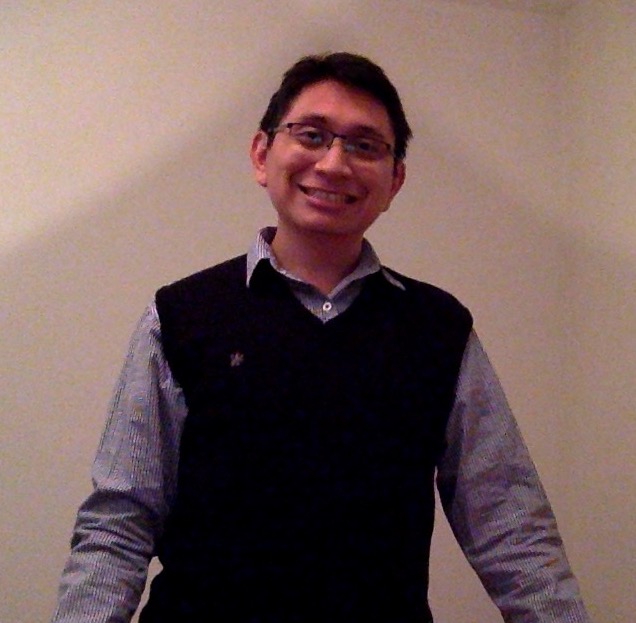
|
- Deep Learning and Graph Deep Learning for Medical Applications
- Medical Image Segmentation
- Localization in Medical Imaging
|

|
- 3D Computer Vision
- SLAM
- 3D Scene Understanding
|
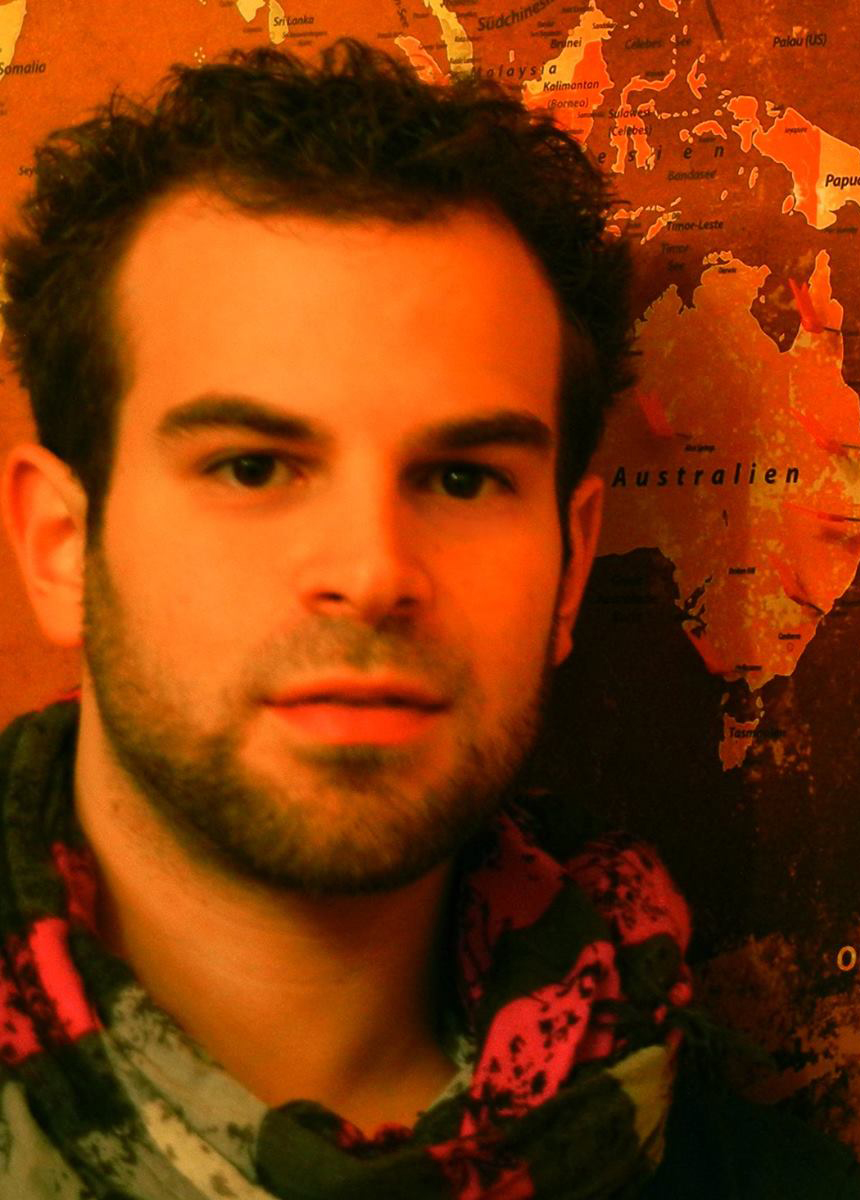
|
- Computer Vision
- Sensor Fusion
- Collaborative Robotics
|
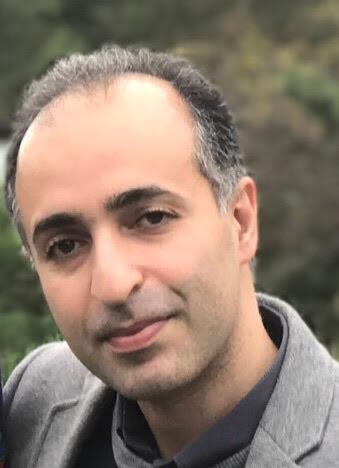
|
- Deep Learning for Medical Image Analysis
- Medical Image Reconstruction
- Cardiovascular Image Analysis
|

|
- Graph Deep Learning for Healthcare Applications
- Multi-modal Data Analysis
- Medical Image Analysis
|

|
- Invariant representations for 2D, 3D and RGB-D data
- 3D object recognition and pose estimation
- Stereo vision and 3D reconstruction
- Pattern matching and robust visual correspondence
|
Senior Affiliate Lecturers / Research Scientists

|
- Deep Learning for Medical Applications
- Microscopic Image Analysis
- Computer Aided Diagnosis
|

|
- Neuroimaging
- Multi-modal Imaging (US,MRI,etc.)
- Clinical Applications
|
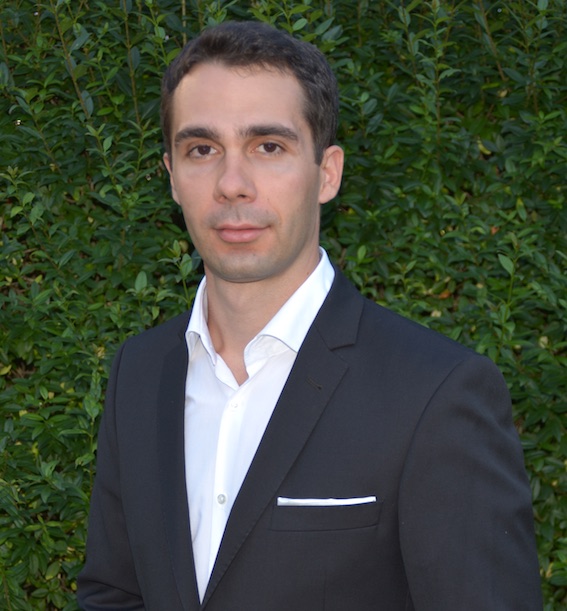
|
- Computer Vision
- Machine Learning
- Deep Learning
|
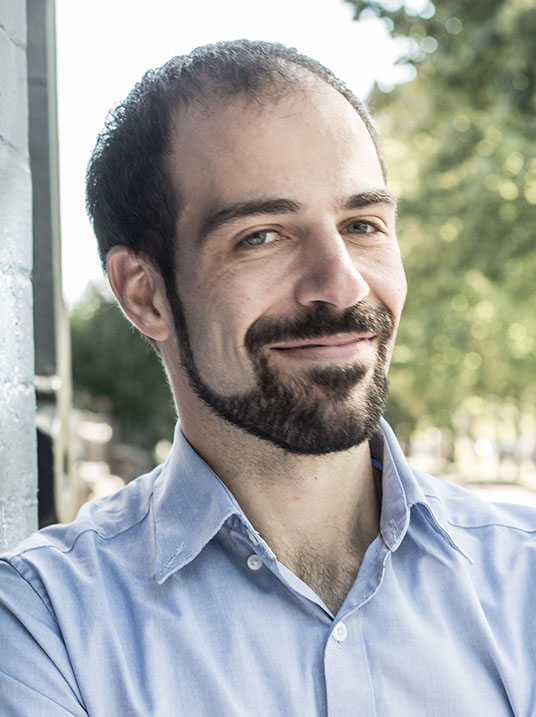
|
- Research & Development in Interventional Imaging
- Lecturer MedInnovate Innovation Fellowship
- Lecturer Ultrasound Imaging & Robotics
|

|
- Deformable surface modeling and tracking
- 3D reconstruction (multi-camera, stereo)
- Real-time object detection and tracking
- Object detection and localization in 3D data
|

|
- Lecturer: Interventional Imaging
- Research: Interventional Imaging, Tomographic Image Reconstruction
|

|
- Machine Learning for Medical Applications
- 3D shape acquisition, modeling and registration
- Computer Vision
|

|
- Quantitative methods in medical imaging
- Integration of multi modality data: PET, SPECT, CT, MRI
- Going the full distance: from imaging physics to tracking therapeutical changes
|

|
- Lecturer: Medical Imaging
- Research: Tomographic reconstruction
|
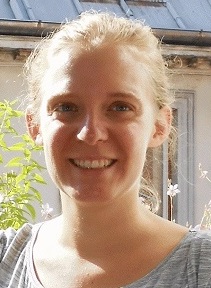
|
- Medical data analytics and modeling
- Stochastic modeling and Bayesian inference
- Machine learning and quantum artificial intelligence
|

|
- Virtual and Augmented Reality
- Computer Aided Interventions
- Collaborative Interaction
|

|
- Lecturer: Ultrasound Imaging
- Scientific Advisor: BMC Master of TUM in Singapore
|

|
- Lecturer: Image Guided Surgery: From Bench to Bed and Back (IGSB3)
- Invited lecture in CAMP-I: Translation research in medical technology
|

|
- Lecturer: conebeam CT and US Imaging
- Research: Advanced Ultrasound Imaging
|

|
- Deep Learning for Interventional Cardiology
- Computer Vision for Interventional Imaging
- Catheter Tracking and Navigation
|
|
Selected Video
Hot Stuff
 | 6 July 2021, Zooom
CampPizza! July 2021
The CAMPPizza in 2021 will take place on July 6th from 09:30-14:20. It will be held both at the Chair and virtual over Zoom. We are pleased to announce our main speakers, Dr. Tolga Birdal (Stanford), Fabian Manhardt (Google), Dr. Christoph Baur (Rohde & Schwarz Germany), Dr. Anees Kazi, Mehdi Astaraki, Shun-Cheng Wu, and welcome our new members Yan Di, Guangyao Zhai, Michael Sommersperger, Amir Choopankareh. |
 | 15 January 2021, Zoom
CAMP New Year's Party 2021
Happy 2021! To celebrate the arrival of the new year and connect with each other during these challenging times, the CAMP chair is hosting a virtual New Year's Party on Friday, January 15th. The event will feature educational talks about Transformers, career advice by selected Alumni and will conclude with a fun game night! |
 | 9 December 2020, Zoom
CAMP Pizza! December 2020 Edition
The last but not least CAMPPizza in 2020 will take place on December 9th from 10:00-15:00. It will be held purely virtual over Zoom. We are pleased to announce our main speakers, Dr. Federico Tombari (Google, Zürich), Dr. Pierre Jannin (Medical School of the University of Rennes, France) and Dr. Steven McDonagh (Huawei Technologies R&D, London) and welcome our new members and returners Tianyu Song, Heiko Maier, Yousef Yeganeh and Mahdi Hamad. |
 | 9 December 2020, YouTube
EIT Health FastRAi Symposium
We would like to invite you to the virtual FastRAi symposium, where CAMP, Deepc and M3i will present the methods and findings developed for the project 'Flexible and Adaptive Software-Framework for X-Ray-enabled AI for COVID-19 detection'. |
 | 22 October 2020,
Deep Learning Solutions for Cancer Drug Development in Digital Pathology
In the domain of oncology, pathology tasks such as patient diagnosis and cancer drug development, have been revolutionized since the growing availability and quality of high-resolution whole slide scanners. The transition from conventional glass slide microscopic assessment to digital pathology has been beneficial and promising for both pathologists and researchers due to the ability to collect, process and analyze much larger datasets with more stains (clinical markers) using more objective, accurate and consistent methods. Furthermore, with the recent advances in computational power, deep learning solutions have been developed allowing to explore previously unachievable predictive algorithms and to enhance the value and insights that can be generated from pathology tissue images. However, different challenges need to be taken into consideration in order to make the applications more efficient and to increase confidence and adoption in the very conservative field of human pathology. These challenges include, among others, application generalization over multiple stains, limitations in terms of tissue staining materials and procedures, size of histologic whole slide images (WSis) and intra and inter-pathologist variability. In this thesis, we explore new methodologies, techniques, and deep learning solutions to the aforementioned challenges in the context of two different applications: stain generalization and stain virtualization applied to digital images of Colorectal Carcinoma metastases in liver tissue from biopsy and surgical specimen. Slide annotation is a key step in pathology routines and in cancer biomarker research aiming to quantify pattern changes in microscopic WSis of tumor biopsies. The process of manual annotation can be tedious and subjective, especially in the context of drug development research where a correlative analysis of multiple biomarkers is required. In the first part of this dissertation, we elaborate on a supervised learning-based method that allows to segment different functional compartments in histology images of various stainings including Hematoxylin and Eosin (H&E) staining and multiple immunohistochemistry (IHC) stainings. We show the effect of the proposed solution on increasing the stain generalization performance and dealing with dataset variability by comparing to state-of-the-art methods and using different visualization techniques. In the second part, we propose stain virtualization solutions allowing to virtually generate an IHC staining from different input stainings using unsupervised learning methods. Stain virtualization presents many advantages to the pathology drug development workflow, such as reduction of lab workload, reduction in tissue and costs, and multiplexing of different biomarkers on the same tissue and with the same coordinate system. In this context, we additionally propose solutions to one of the main challenges of high-resolution style transfer in general and to WSI processing in particular, i.e. the tiling artifact caused by the necessity of tilewise processing. We describe different experiments and visualizations aiming to prove the hypothesis and we validate the application mathematically and histologically. |
News
 | 1 June 2021,
Dr. Ulrich Eck and Dr. Thomas Wendler promoted to Vice-Directors of the Chair
Following an internal restructuring and as acknowledgment for the hard work over the last years and the carried responsibility, Prof. Navab decided to promote Dr. Ulrich Eck and Dr. Thomas Wendler to Vice-Directors of the Chair. Ulrich, who joined our team in 2016, is the managing the Chair's NARVIS lab at Klinikum Innenstadt. Thomas, who came back to the Chair in 2019 after 12 years in industry, manages the Interdisciplinary Research Lab at Klinikum rechts der Isar. Both also are pillars for the Chair in teaching, co-supervision of Ph.D. candidates, and grant managing. |
 | 15 January 2021,
CAMP offers up to 5 International Undergraduate Excellence Awards in 2021 to the best international undergraduate applicants
The Chair for Computer Aided Medical Procedures (CAMP) is offering up to 5 research awards to strongly motivated international undergraduate students interested in improving their research skills in machine learning, medical imaging, computer vision, and augmented reality&. The students are required to pursue their undergraduate studies outside Germany. The first two awards amount to 4500 Euros and the second three awards to 4000 Euros. These awards will provide financial support for the awardees during their research stay at CAMP for a period of up to three months between June 2021 and October 2021. |
 | 28 December 2020, IFL
SAT.1 Bayern feature on CAMP’s projects against COVID
SAT.1 Bayern features a reportage on the efforts of the CAMP Chair in collaboration with the Radiology of Klinikum Rechts der Isar to fight COVID-19 and equip physicians with solutions that could further be useful for future pandemics. |
Recent Publications
 | 2 August 2021, Virtual
3 papers accepted at ICCV 2021
We are happy to announce that 3 papers of our chair will be presented at the International Conference on Computer Vision (ICCV 2021) October 11 - 17, 2021. |
 | 1 July 2021, Strasbourg, France
13 papers accepted at MICCAI 2021
We are happy to announce that 13 papers of our chair will be presented at the 24rd International Conference on Medical Image Computing and Computer Assisted Interventions (MICCAI 2021) in Strasbourg, France, September 27 - October 1st, 2021. |
Alumni News
Address
Proud of our Alumni
|


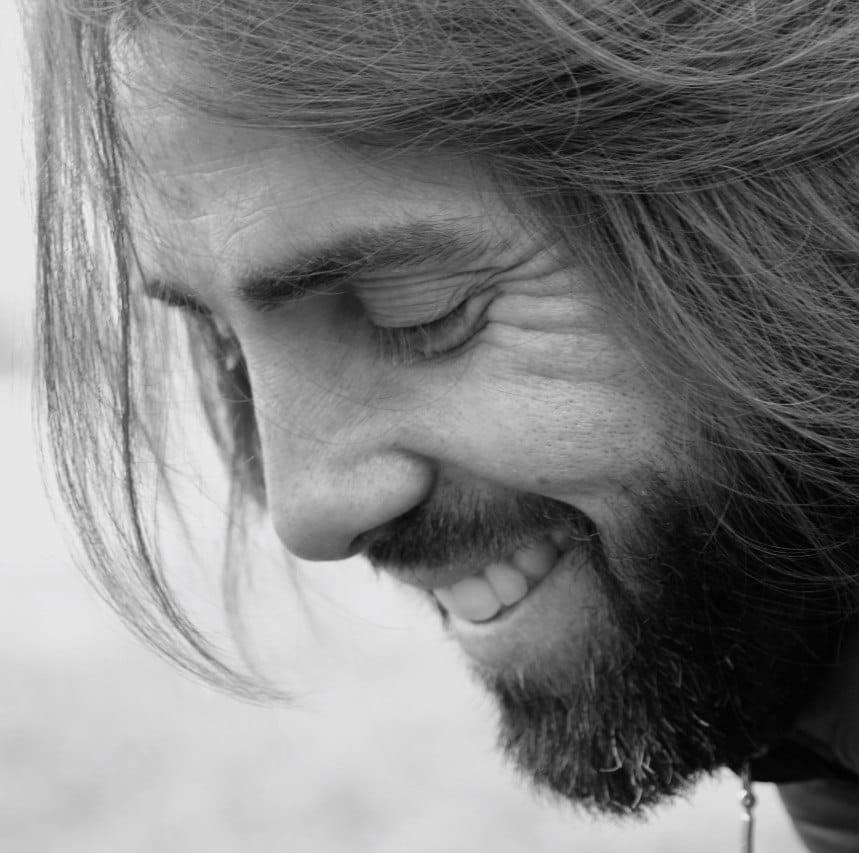
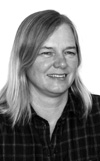
































![[ corridor 13, 3rd floor ] Location](twiki/pub/Chair/WebHome/fmi2.gif)




